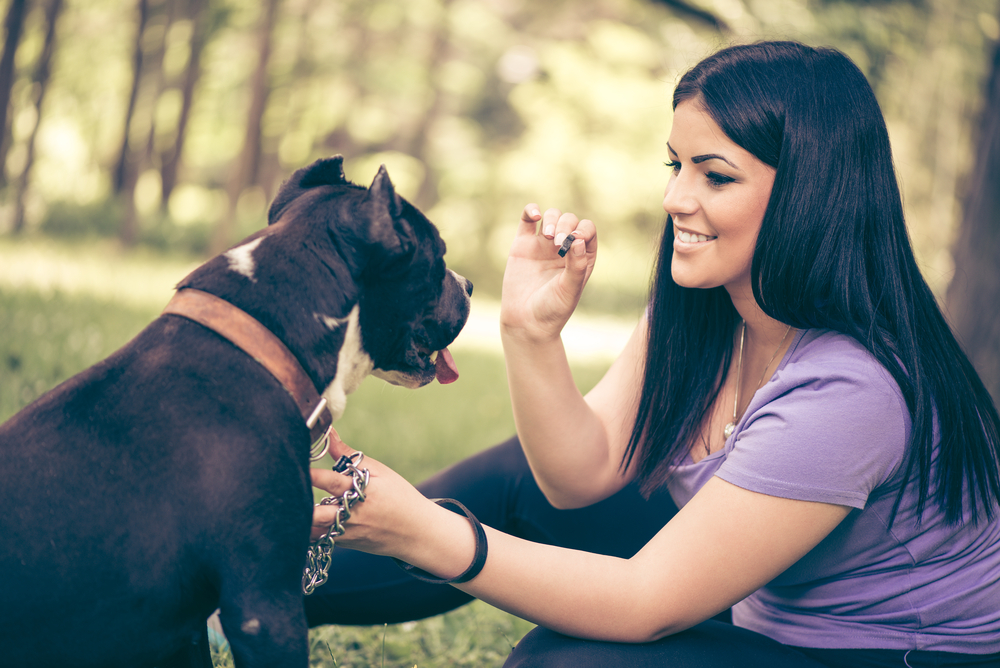Are You Prepared to Welcome a German Shepherd Puppy into Your Home?
Preparing for a German Shepherd puppy requires commitment, proper sourcing, and understanding their needs. They are loyal, energetic, and highly trainable, making them great family dogs when given adequate care. Assess your finances, living situation, and time availability before welcoming one into your home to ensure a rewarding experience for both you and your future pet.
Sponsored

German Shepherds rank as the second most popular dog breed in the United States, according to the American Kennel Club. Known for their strength, intelligence, bravery, loyalty, and fearlessness, they make excellent family companions. Their heroic deeds and unwavering loyalty have made them legendary. To ensure a healthy, happy life for your German Shepherd, you must dedicate time, emotional support, physical activity, and financial resources. Proper care and commitment will reward you with a devoted protector and friend.
It's often best to buy puppies from reputable sources like the American Kennel Club or certified breeders. Avoid purchasing from informal road-side sellers. Alternatively, consider adopting from rescue organizations or shelters. Before bringing a German Shepherd puppy home, consider several factors:
German Shepherds typically live 10-12 years with proper care. The cost of a purebred puppy from a reputable breeder can range from $500 to $1200. Adoption options are also available and may cost less. Be prepared for ongoing expenses like food, vaccinations, grooming, and accessories. Assess your financial readiness before making a commitment, as quality care can prevent unexpected medical issues.
If costs are a concern, wait until you're financially prepared. Purchasing from a reputable breeder can help avoid unforeseen health problems.
Originally bred for herding and guarding livestock, German Shepherds are highly energetic and require plenty of physical activity. If your lifestyle doesn't permit regular walks, playtime, or exercise, this breed may not be suitable. Excess energy can lead to unruly behavior in young pups.
Training is essential and responds well to consistent, positive methods. Dedicate time to teaching commands and proper behavior.
Decide early on whether you want a male or female puppy. While not critical, this choice can influence behavior and personality traits. Males may be more territorial, while females often display greater protectiveness toward family members and their litter. Proper training can manage behaviors such as marking territory.
Ensure puppies are at least eight weeks old before bringing them home. Healthy pups will settle into a new environment with ease and form strong bonds.






